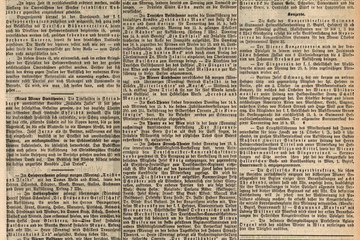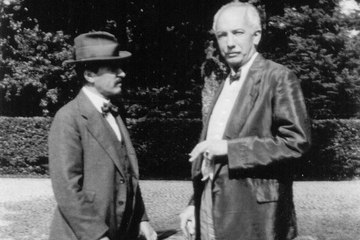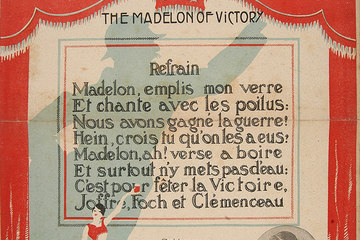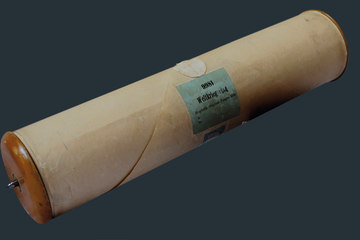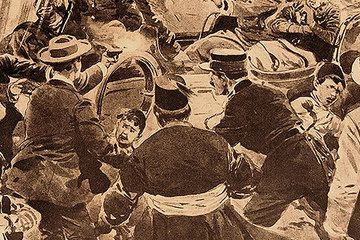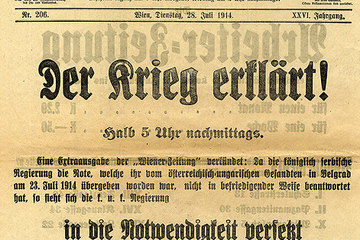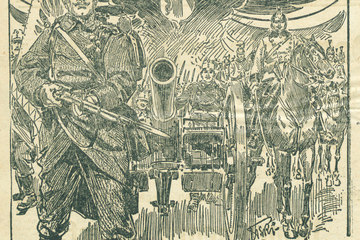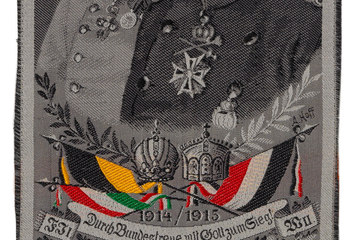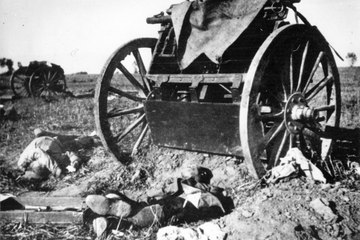On the occasion of the birthday of Emperor Franz Joseph in August 1914 the Deutsches Volkstheater, one of the few theatres in Vienna that did not shut on the outbreak of war, invited patrons to attend a special performance whose profits would be handed over to the Red Cross. The programme was in all respects that of a patriotic event in time of war, with Franz Grillparzer’s version of the Austrian national anthem being followed by scenes from Friedrich Schiller’s dramas Wilhelm Tell and Wallensteins Lager (Wallenstein’s Camp). The musical part reached its first climax with the performance of the song Die Wacht am Rhein (The Watch on the Rhine):
The audience rose from their seats. There were loud cheers, and they were kept up while the ‘Radetzky March’ and the ‘Song of Prince Eugene’ were played; the audience then joined in the singing of the Austrian and Prussian national anthems, and finally there were more loud cheers to greet the song ‘O du mein Österreich’ (O Thou My Austria)!


